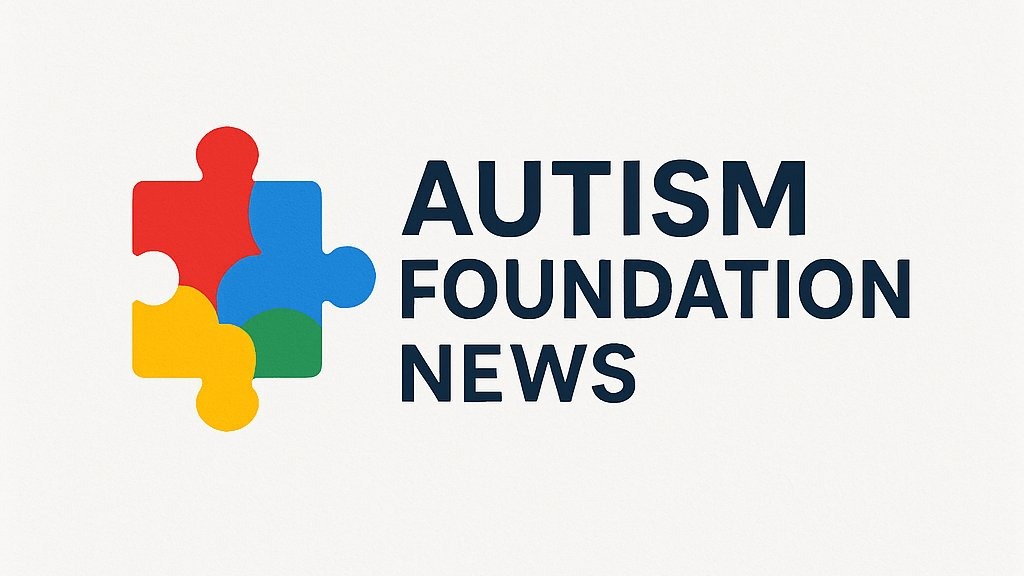
The WHO's Groundbreaking Move on Undernutrition
The World Health Organization (WHO) has made a significant stride in recognizing and addressing the critical issue of undernutrition among adults by introducing the first-ever ICD-11 code specific to this condition. This new classification is expected to improve diagnosis, treatment, and management of undernutrition in adults, paving the way for better healthcare outcomes.
Understanding Undernutrition: A Hidden Epidemic
Undernutrition is often overshadowed by overnutrition, yet it is a pressing public health concern, especially for individuals with chronic illnesses, including autism. Many families have young adults who may struggle with eating sufficient nutritious food. The WHO's categorization of undernutrition provides necessary visibility, allowing healthcare professionals to address this issue more effectively.
What the New ICD Code Means for Families and Caregivers
The introduction of ICD code 5B72 for undernutrition means that healthcare professionals will better recognize and code this condition, potentially increasing access to treatment and nutritional support services. For parents and caregivers, this could translate into more appropriate medical resources and tailored intervention programs designed to meet the unique nutritional needs of individuals, including those on the autism spectrum.
Future Predictions: Changing Healthcare Landscape
As awareness of undernutrition grows, it's predicted that various sectors will rally to develop and implement programs that elevate nutritional education among caregivers and healthcare providers. This might include community-based initiatives that foster healthy eating practices catered towards those with autism, ensuring they receive calorie-rich, nutritious diets essential for their growth and wellbeing.
Common Misconceptions About Undernutrition
A common myth surrounding undernutrition is that it only affects those in impoverished communities. In fact, individuals with higher socioeconomic status can also face undernutrition, especially if they have dietary restrictions or selective eating habits common among those with autism. Addressing these misconceptions is vital in ensuring that support reaches those who need it most.
Embracing Practical Nutrition for Better Living
Caregivers are encouraged to explore various dietary options that cater to their loved ones' preferences while ensuring the intake of necessary nutrients. Simple strategies such as involving them in meal planning or food preparation can empower individuals. Understanding the nutritional needs highlighted by the new ICD code can lead to enhanced quality of life for many.
The establishment of the ICD-11 code for undernutrition is a commendable action by the WHO, advocating for better health outcomes for individuals across the globe. This pivotal move underscores the importance of comprehensive nutritional care and the need for communities to support and educate each other.
As we look to the future, the emphasis on nutrition, healthcare accessibility, and community support will be essential in making strides toward healthier lifestyles—especially within the autism community.
 Add Row
Add Row  Add
Add 




Write A Comment